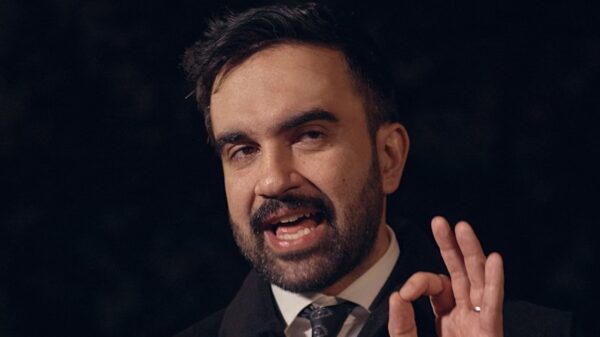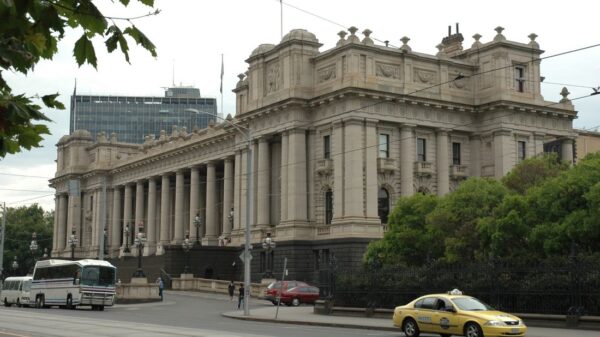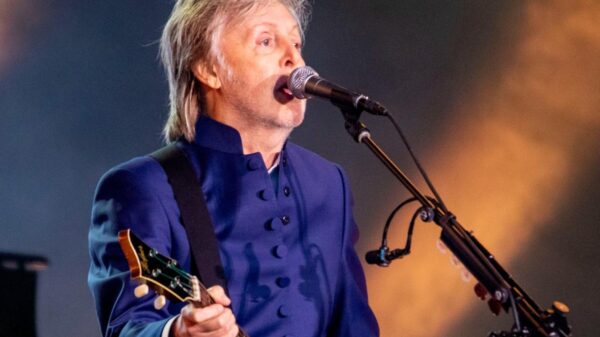UPDATE: Australian Prime Minister Anthony Albanese has hailed the efforts of 12-year-old Flossie Brodribb in advocating for a significant ban on social media for children under 16. During a meeting in Canberra on Thursday, Albanese proudly showcased a friendship bracelet gifted by Flossie, calling her advocacy “inspiring.”
Flossie has passionately researched the impact of social media on childhood development, becoming a prominent voice in the movement to keep young Australians safer online. Albanese declared that the impending ban, which takes effect on December 10, 2024, aims to encourage children to engage in real-life activities rather than remain glued to screens.
“This is a social change backed by both sides of this parliament,” Albanese said during Question Time. He emphasized that the initiative stems from grassroots concerns, particularly from parents who have tragically lost children to the adverse effects of social media. “Flossie is out there with her peers saying get engaged in sport, music, and reading to benefit your life,” he added.
The new legislation requires tech platforms like Facebook, TikTok, Snapchat, and X to verify users’ ages, blocking access to those under 16. Noncompliance could result in severe penalties, with fines reaching up to $49.5 million. This drastic measure comes after intense lobbying from psychologists and parent advocacy groups, who have raised alarms about the negative influence of social media on youth.
Flossie’s mother, Romany Brodribb, and neuroscientist Dr. Lila Landowski joined the Prime Minister in highlighting the pressing need for these reforms. Albanese reiterated that this initiative is not merely a government mandate but a response to community demands for increased social responsibility from tech companies.
Last month, Communications Minister Anika Wells stated that the new laws would not create a perfect solution but would bring about a “significant and meaningful difference.” She cited alarming statistics, revealing that 70% of young Australians have encountered harmful content online. “That statistic is too horrifying to ignore, and so we have acted,” she stressed.
The conversation surrounding this ban has gained momentum, with Albanese expressing confidence that the policy will effectively promote healthier lifestyles among teenagers. “This isn’t a debate that comes from the top down,” he told the ABC. “This is the community demanding an appropriate government response.”
As the countdown to the ban approaches, the Australian government continues to face pressure from both parents and mental health advocates, who are eager for tangible changes in how social media interacts with childhood development. The conversation is shifting, and with the support of young advocates like Flossie, a new era of social media awareness is dawning.
Stay tuned for further updates as Australia navigates this crucial change in its digital landscape.


































































